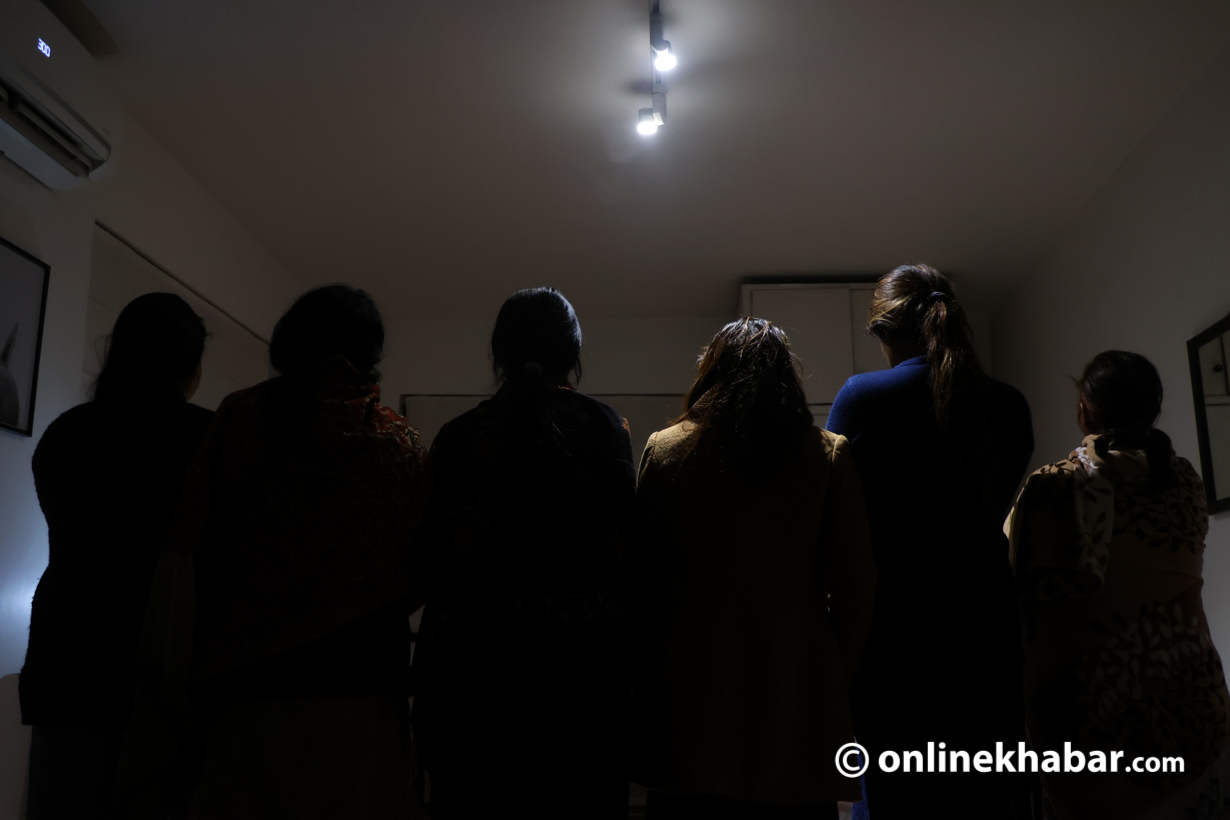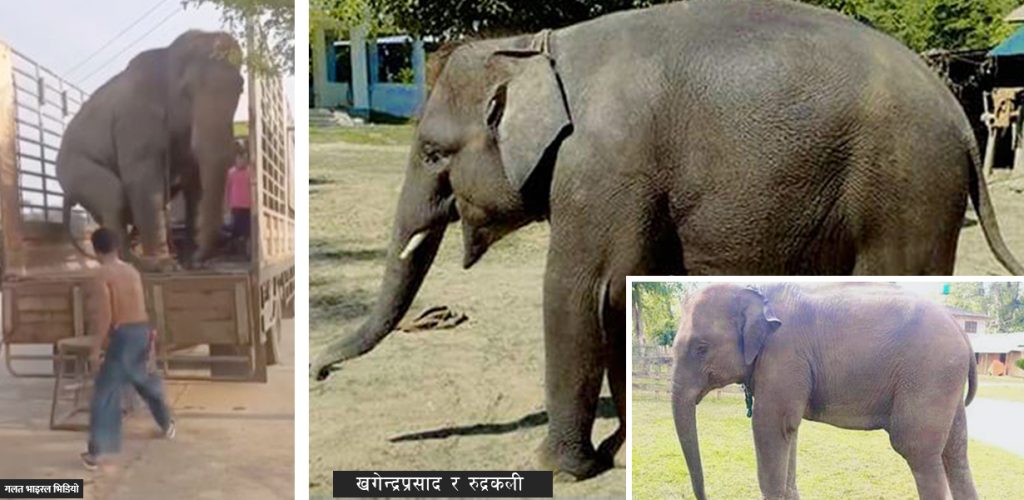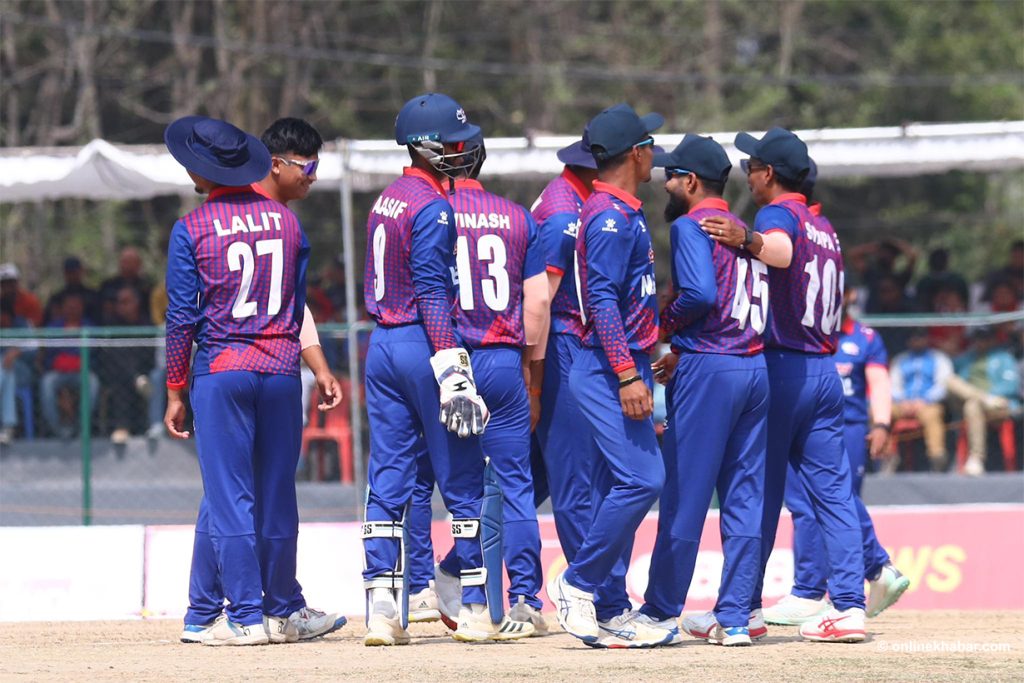
Dharma Productions
In Karan Johar’s Ae Dil Hai Mushkil, a globetrotting romance takes centrestage in the midst of friendship, courtships and heartbreaks.
But the love-hate relationship between Ayan (Ranbir Kapoor), Alizeh (Anushka Sharma) and Saba (Aishwarya Rai Bachchan) could very well be seen as a reflection of Johar’s own affinity with cinema.
The movie makes a conscious departure from the characteristic camp of Johar’s earlier works to give way to a spontaneity that has come to define Hindi cinema in the recent years. But Johar does so without leaning too much towards either side, as if he is holding dearly the distinct cadence of the movies from his formative years all the while transitioning to a more modern form of storytelling.
In the movie, a friendship grows between Ayan and Alizeh after they find out that their respective partners are having an affair with each other. But when Ayan’s burgeoning feelings towards Alizeh is not reciprocated, a series of romantic flourishes and heartbreaks follow.

…the movie’s many allusions to romantic flourishes of legacy Bollywood movies… does not seem out of place.
Ae Dil Hai Mushkil plays out like a revenge fantasy of a lovelorn hero where suffering is glorified and letting go is not an option. But like the un-initiated Ayan entering the virgin territory of love, heartbreaks and pining, Johar situates himself in an unfamiliar cinematic territory where craft precedes content and form rightfully precedes context.
For the same reason, the movie’s many allusions to romantic flourishes of legacy Bollywood movies (largely established by himself), which itself is reminiscent of Wong Kar-Wai’s In the Mood for Love, does not seem out of place.
In the same way, many self-referential jokes and even Johar’s characteristic humour plays out against the background score of a character’s name (for one, the Kantaben skit from Johar’s earlier Kal Ho Naa Ho). This move is past being a typical Bollywood absurdity.
It is as if Johar is no longer bound by the medium itself.
If self-plagiarism is a style, like Alfred Hitchcock once said, and Imtiaz Ali willingly practices, Ae Dil Hai Mushkil is an important movie in Karan Johar’s filmography. His next film should be even more remarkable.
***
Read also
‘Jhumkee’ movie review: Love in the time of war
‘Chhakka Panja’ movie review: A laughing stock
























